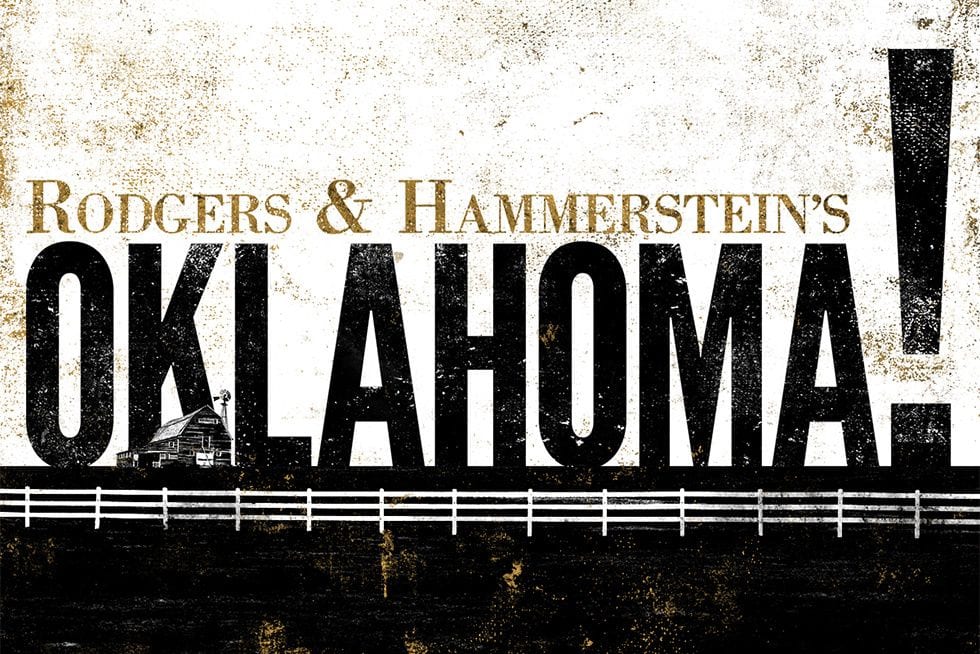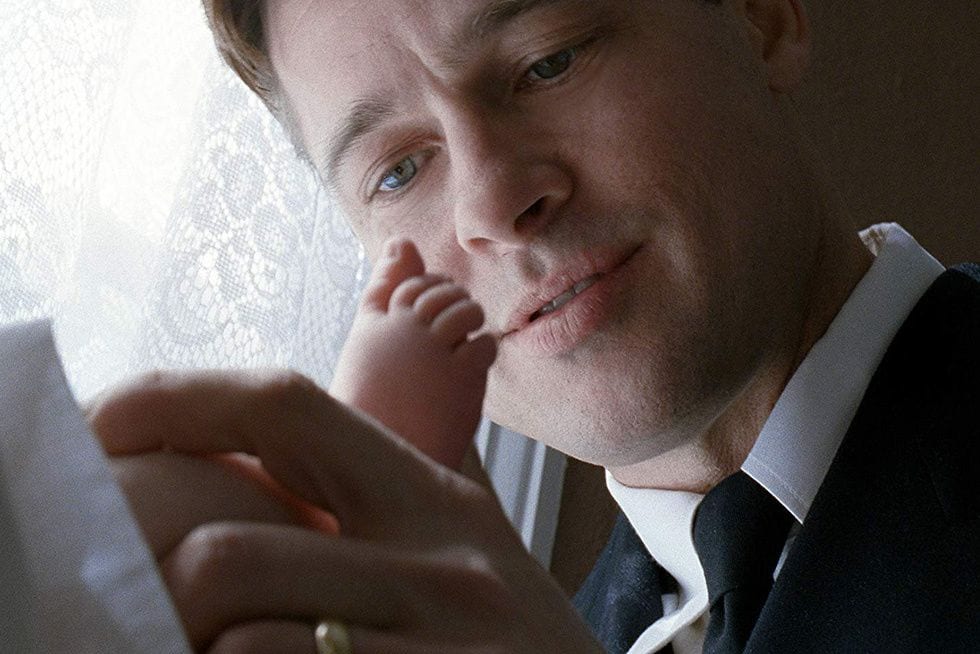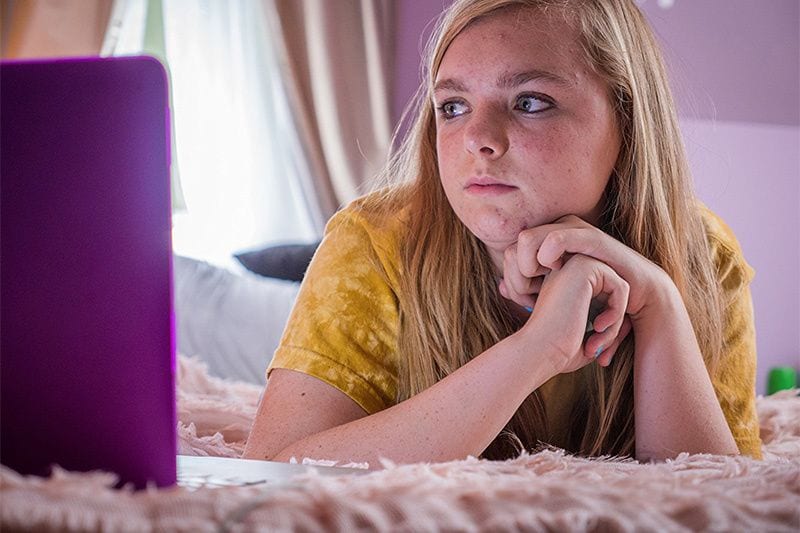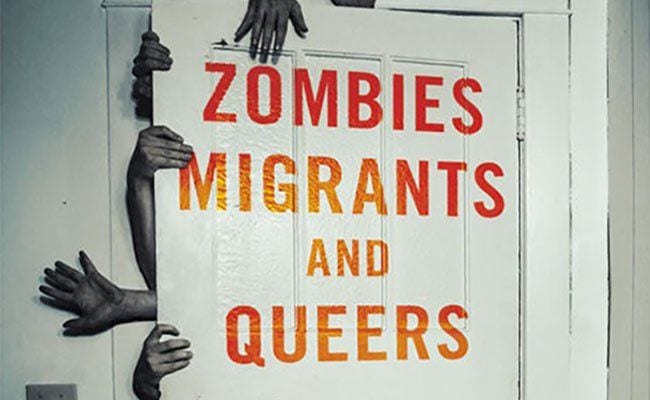
Make America Bleed Again: The Violent Geography of Rodgers and Hammerstein’s ’Oklahoma!’
Originally produced as fascism spread throughout Europe and nativism spread in the US, Oklahoma!'s exploration of belonging was a conspicuously political one.

Originally produced as fascism spread throughout Europe and nativism spread in the US, Oklahoma!'s exploration of belonging was a conspicuously political one.

Before terrifying us, Jordan Peele overwhelms with cultural signifiers untethered from their referents in his latest, Us.

For Terrence Malick, “challenge” is a progressive verb. Tree of Life is a prayer that challenges us to see and think beyond all normative paradigms.

Rather than moralize, critique, or make grandiose statements about "digital natives", writer-director-wunderkind Bo Burnham brilliantly visualizes what it means to live in a world in which social media is omnipresent.

Our work on this Earth, Rogers insists, is Tikkun Olam (repairing the world). So why does Morgan Neville shut down the possibility of queerness in his documentary?




